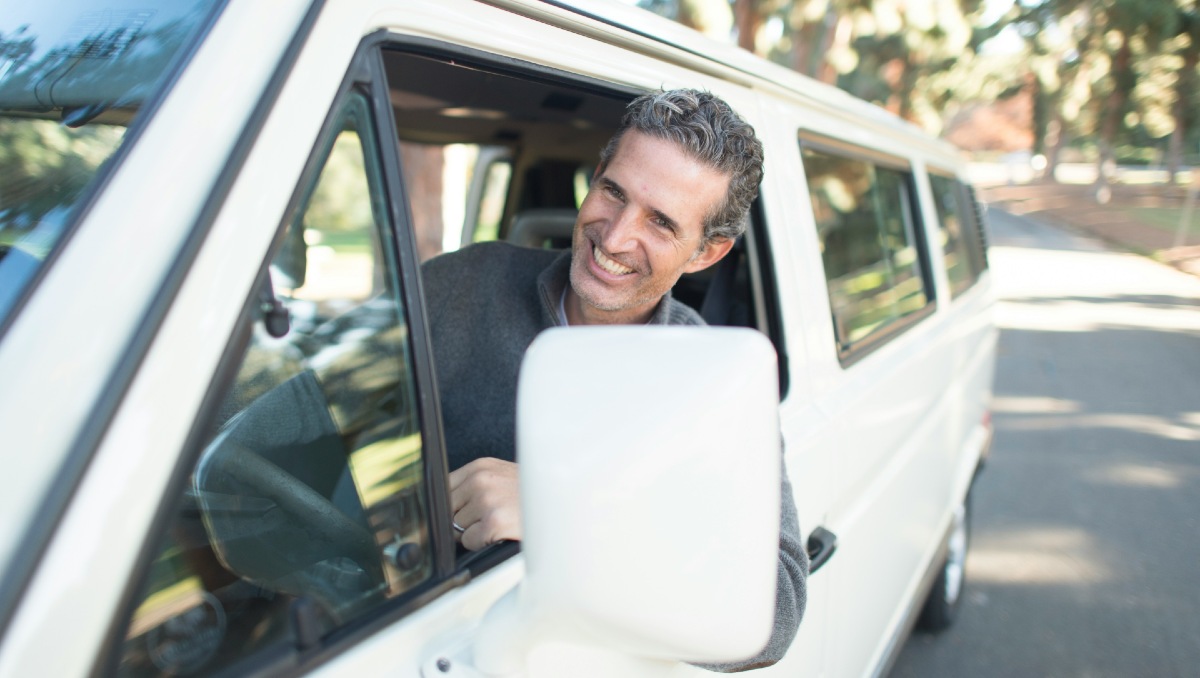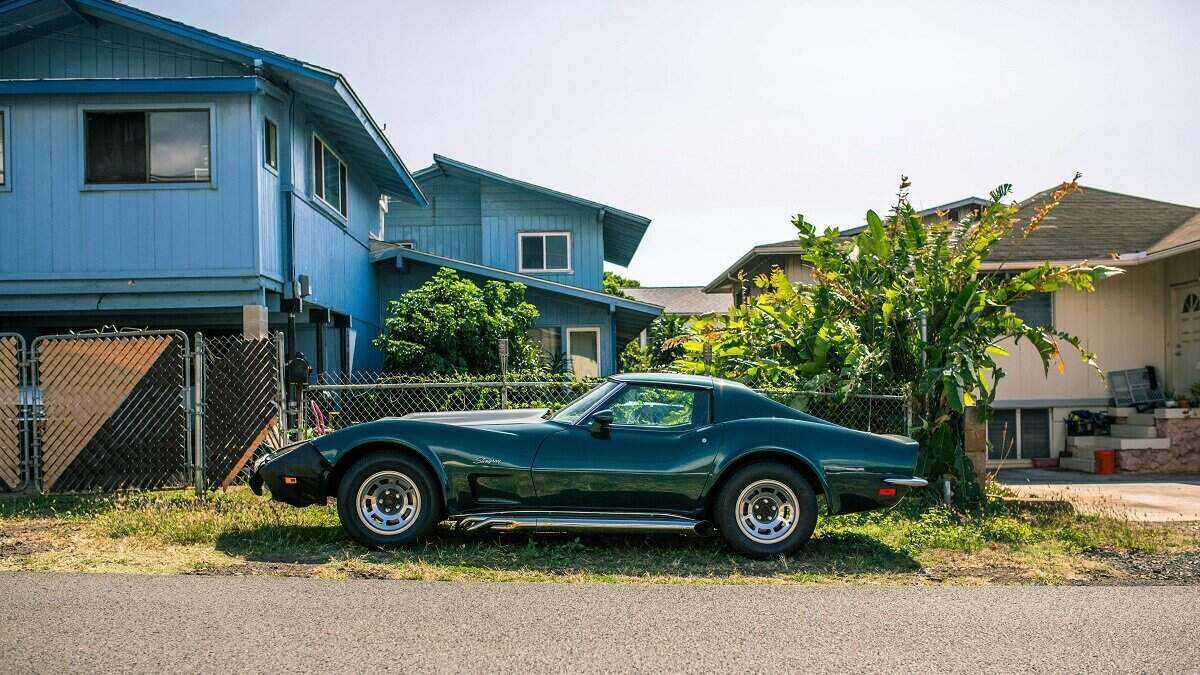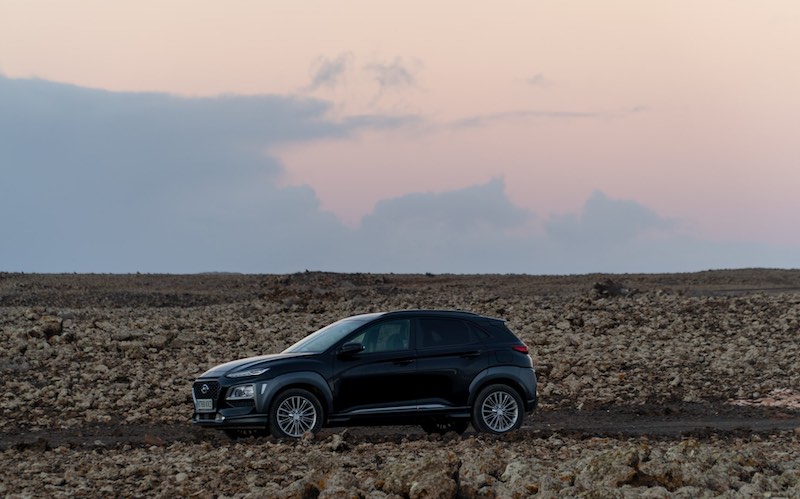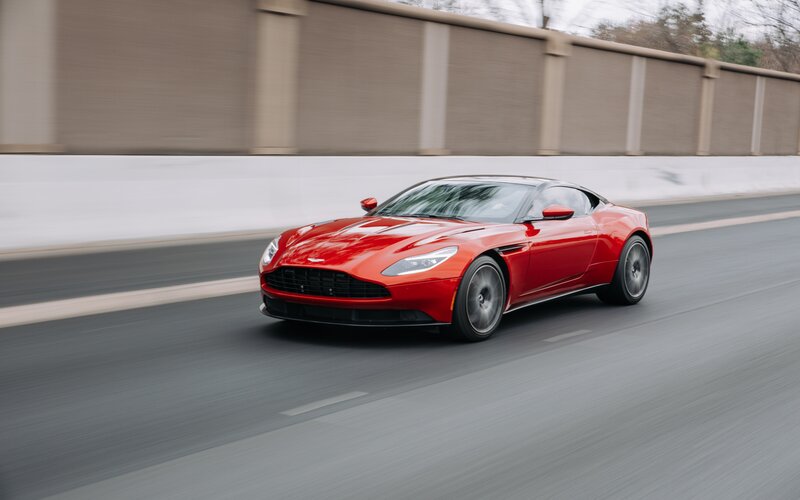Following a bad year of car sales in 2019, new vehicle sales figures for January 2020 were off to a modest start. Just over 71,000 new cars were sold - down 10,263 from January 2019 when 81,994 cars were sold.
Tony Weber, chief executive for the Federal Chamber of Automotive Industries (FCAI) said he wasn't surprised the figures were low.
"Given the broad range of environmental, financial, international and political issues facing Australia during January, it is no surprise to see the new vehicle market has reported a conservative start to the year," Mr Weber said.
Sports utility vehicles made up the lion's share of new cars sold (35,393) followed by passenger vehicles (20,494) and light commercial vehicles (14,035).
New car winners and losers
Toyota emerged as the market leader in January with over 14,000 sales and 20.6% market share.
The Toyota Hilux once again claimed the title of Australia's best-selling car with 2,968 sales, closely followed by the Ford Ranger (2,624). Australia's third favourite vehicle during January was the Toyota Corolla with 2,370 sales.
| Rank | Vehicle | Jan 2020 | Jan 2019 |
| 1 | Toyota | 14,809 | 15,961 |
| 2 | Mazda | 6,695 | 9,490 |
| 3 | Hyundai | 5,443 | 6,205 |
| 4 | Mitsubishi | 5,108 | 6,669 |
| 5 | Kia | 4,705 | 4,651 |
| 6 | Ford | 4,169 | 4,421 |
| 7 | Nissan | 3,444 | 3,803 |
| 8 | Honda | 3,436 | 4,042 |
| 9 | Volkswagen | 3,246 | 3,617 |
| 10 | Holden | 2,641 | 4,167 |
What's behind the drop in new car sales?
New car sales figures are often considered to be a barometer of economic health so if they're falling, it can generally be considered a sign of a weakened economy. Buying intentions for motor vehicles historically drops off when a household's spending strength is weaker, which happens when the economy isn't as strong.
Kristy Wells, Operations Manager at Popcar said rising living costs and increased demand for ride share services could be behind lagging car sales figures.
"We certainly see that in the areas where we operate there is constant demand for car sharing services. We are seeing that the cost of living is rising, and people are more and more conscious of the financial pressures in daily life. Australians are looking for how they can be savvy and save money," Ms Wells told Savings.com.au.
"With rising growth of car sharing services, like Popcar, it means consumers now have an alternative to traditional car ownership and do not need to purchase a car for tens of thousands of dollars.
"This new trend is offering the convenience of owning a car without costs. By using a car sharing service there are no registration costs, servicing costs or car payments."



 Denise Raward
Denise Raward
 Harry O'Sullivan
Harry O'Sullivan

 Brooke Cooper
Brooke Cooper
 Harrison Astbury
Harrison Astbury
